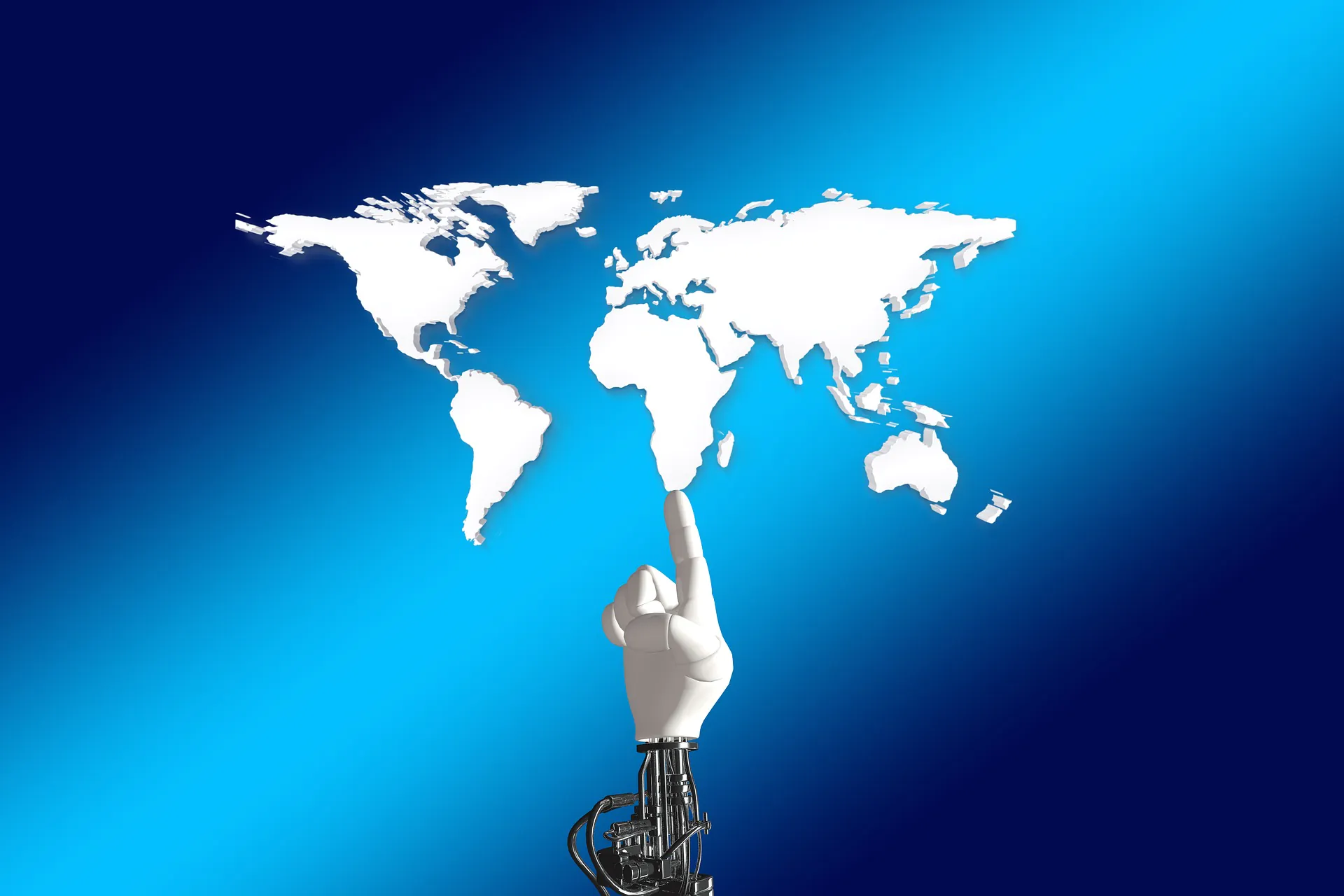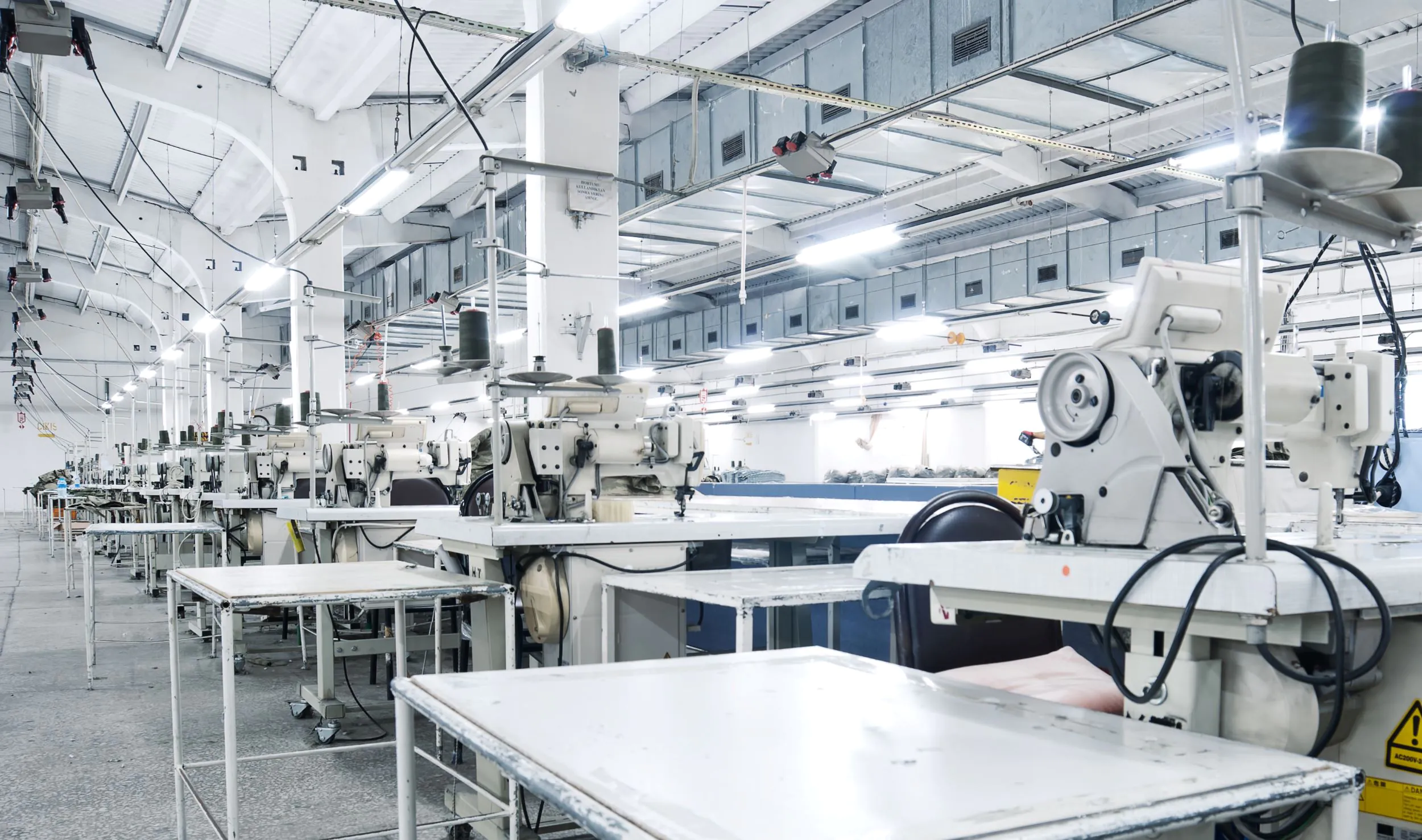The manufacturing industry is undergoing a significant transformation powered by the rapid advancement of Artificial Intelligence (AI) and the Internet of Things (IoT). As technologies continue to evolve, the role of AI in manufacturing grows in tandem, promising a future driven by intelligence and efficiency.
AI and Manufacturing: A Dynamic Duo
AI’s impact on the manufacturing industry is transformative and far-reaching. As a pillar of the Fourth Industrial Revolution, AI helps to simplify complex operations, maximize efficiency, and reduce human error. In fact, it wouldn’t be an overstatement to suggest that the role of AI in manufacturing has become central to the sector’s evolution.
AI-powered systems such as Machine Learning (ML) and Deep Learning algorithms can analyze vast amounts of data to identify patterns, predict outcomes, and make decisions. This ability to learn from data makes AI a key player in industrial machinery manufacturing, providing unprecedented opportunities for automation, accuracy, and speed.
How AI is Transforming Manufacturing
AI significantly improves manufacturing by enhancing prediction capabilities, automating processes, and increasing production efficiency. For instance, machine learning algorithms can analyze data from IoT sensors on industrial machines, predicting maintenance needs before a breakdown occurs. AI can also automate processes in additive manufacturing, increasing efficiency and reducing manual intervention.
AI’s role goes beyond just manufacturing. With the help of AI, supply chain management can be optimized, enabling manufacturers to better predict demand and manage their resources. Companies can use AI to better understand market trends, customer preferences, and optimize their product designs.
The Future of AI in Manufacturing
The future of AI in manufacturing is promising and full of potential. As more advanced algorithms are developed, AI and ML can be expected to become even more integral to the manufacturing industry. For example, AI and ML are expected to play a pivotal role in the future of 3D printing, from streamlining the design process to optimizing production workflows.
Challenges of AI in Manufacturing
Despite its potential, the adoption of AI in manufacturing faces a few challenges. These include a lack of skilled professionals, concerns over data privacy, and the high initial cost of implementation. Moreover, successful AI integration often requires a complete overhaul of existing systems, which can be a daunting task for many companies.
The Significance of AI in Today’s Industry
In today’s fast-paced industrial environment, AI is not just a novelty but a necessity. The use of AI technologies in aluminum additive manufacturing or bakery machinery manufacturing helps companies stay competitive, meet changing customer demands, and achieve operational efficiency.
Machine Learning in Manufacturing
Machine learning, a subset of AI, is widely used in manufacturing. It helps in predictive maintenance, quality control, and demand forecasting, among other things. ML algorithms can analyze historical data to predict machine failures, enabling manufacturers to take preventive measures and reduce downtime.
AI and IoT are revolutionizing the world of manufacturing, bringing in a new era of smart factories and intelligent industrial machinery. The role of AI in manufacturing is only set to grow, providing endless possibilities for innovation and growth in the industry.
AI in Everyday Manufacturing
To understand the practical application and the role of AI in manufacturing, consider everyday items such as bread-making machines. AI and ML can optimize the manufacturing process of bread-making machines by automating the dough mixing process, controlling baking time and temperature, and monitoring the quality of bread produced.
Similarly, in commercial bakery equipment manufacturing, AI can improve operational efficiency by optimizing power consumption, reducing waste, and enhancing the quality of baked goods.
AI in Niche Manufacturing Segments
Even in niche manufacturing sectors like cashew nut processing, AI plays a significant role. Machine learning algorithms can sort cashew nuts based on size, quality, and colour, significantly reducing manual labour and improving efficiency.
AI in the Manufacturing of Complex Machinery
When it comes to the manufacturing of more complex machinery, such as those used in anodizing equipment, AI algorithms can optimize the process by accurately controlling factors such as temperature, voltage, and immersion time. This ensures higher quality and uniformity of the anodized layer, making the products more durable and reliable.
Similarly, in the manufacturing of blowing machines, AI can be employed to control the heating and cooling processes, the timing of the blowing process, and the quality of the finished product.
Conclusion
Artificial Intelligence is no longer a buzzword in the realm of manufacturing but an integral aspect of the industry’s continuous evolution. Whether it’s general sectors or niche segments, AI’s impact is transformative, paving the way for smart manufacturing practices and effective resource management.
The role of AI in manufacturing is a testament to the potential of technology to improve processes, enhance efficiency, and foster innovation. The future of manufacturing rests firmly on the robust shoulders of AI and IoT, and the journey ahead is promising.



